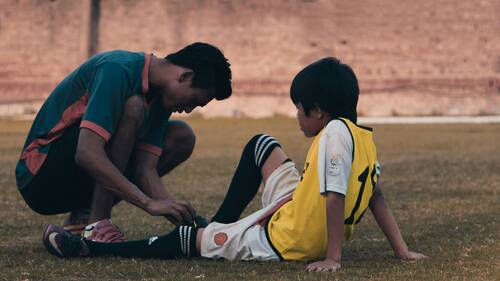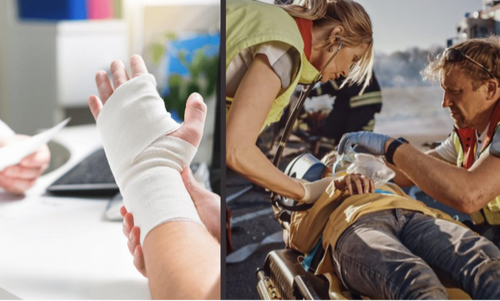Accidents & Violence, Legal-Malpractice / 07.01.2025
How an Accidental Injury Impacts Your Physical, Emotional, and Financial Well-Being
It’s easy to take your physical health for granted when everything is going smoothly. You wake up, go about your day, and hardly give a second thought to the body that allows you to move, work, and live your life. But everything changes when an accidental injury happens to you.
Suddenly, you’re forced to reckon with how much you’ve depended on your physical health to simply get by. The pain, the restrictions, and the challenges that come with being hurt highlight just how much we often overlook our well-being.
The impact of an injury doesn’t stop at the physical level. It spills over into other areas of your life, wrecking your finances and emotional health in ways you might never expect. It’s even worse when you don’t have a strong support system to prove your case.
(more…)








